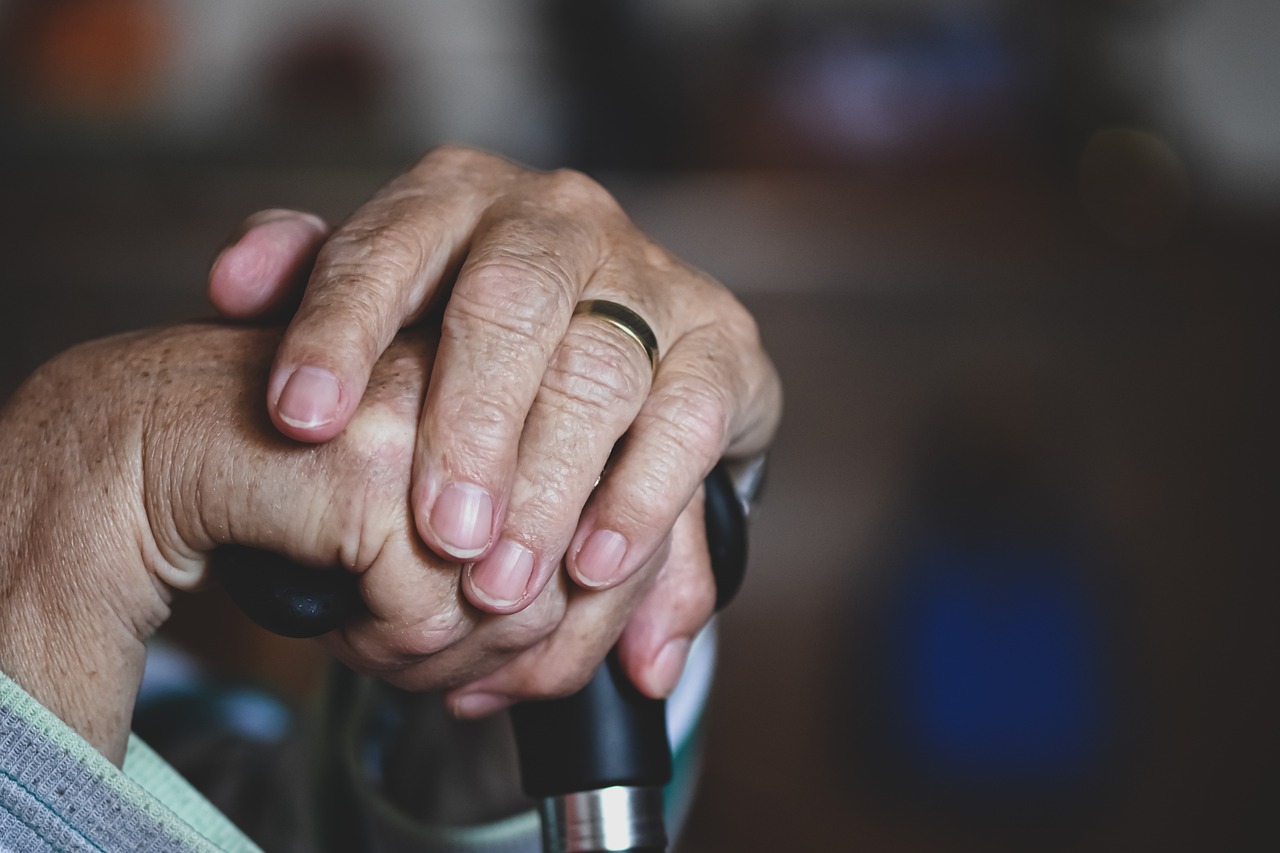MedSafe-Old: Ensuring medication safety for older recipients of municipal home care services
The overall aim of this project is to facilitate sustainable, personalised and safe medication use for older adults living at home.
The broad Norwegian political agreement that all residents should be able to live at home for as long as possible is challenged by the healthcare service’s struggle to provide safe medication treatment to home-dwelling older adults. Inappropriate prescribing of medicines, lack of competence, inadequate communication and information sharing, and a low degree of personal orientation constitute major challenges for medication safety in home care services.
Several measures have been initiated to reduce drug-related problems, like medication reviews and skills development for healthcare professionals. A major weakness of many initiatives is that the service users are passive recipients of medicines and not informed and empowered to participate in making the medication management process safer and characterised as top-down interventions. Several call for a more bottom-up approach to explore the person-centred modifiable conditions that lead to safe medication use.
This project meets the urgent need for increasing knowledge of interventions and will be addressed from user, health professional and organisational perspectives to achieve a comprehensive understanding of the medication management process.
The project has four work packages (WP):
WP1: Municipal health service resource allocation to and facilitation of medication management assistance for older adults in their own homes
WP2: Health professionals’ experiences and practices in medication management assistance for older recipients of home care
WP3: Older adults’ experiences and preferences with personalised and safe medication use
WP4: Empowering for safe medication use in older home-living adults
We use various qualitative designs, such as case study, ethnography and art-based research in addition to quantitative methodology in the form of a cross-sectional study. We take a bottom-up approach by using co-creative inquiry and adopt applied theatre, with its unique ability to involve and provide those concerned by the research a different way to reflect and provide new awareness, interpretations, attitudes and understanding and to enable changes. The project is close to practice and is anchored in four partner municipalities. International research collaboration is included, as well as collaboration across several disciplines and service levels.

